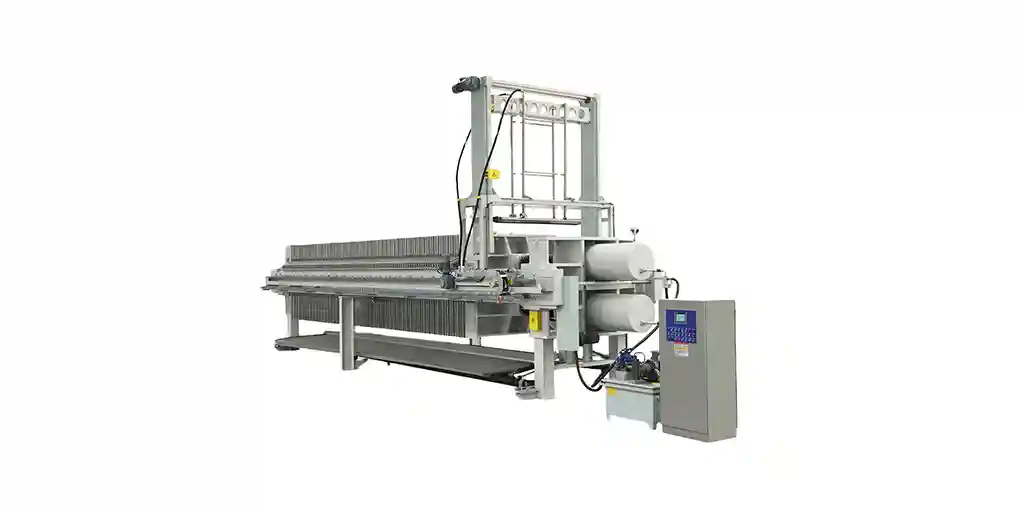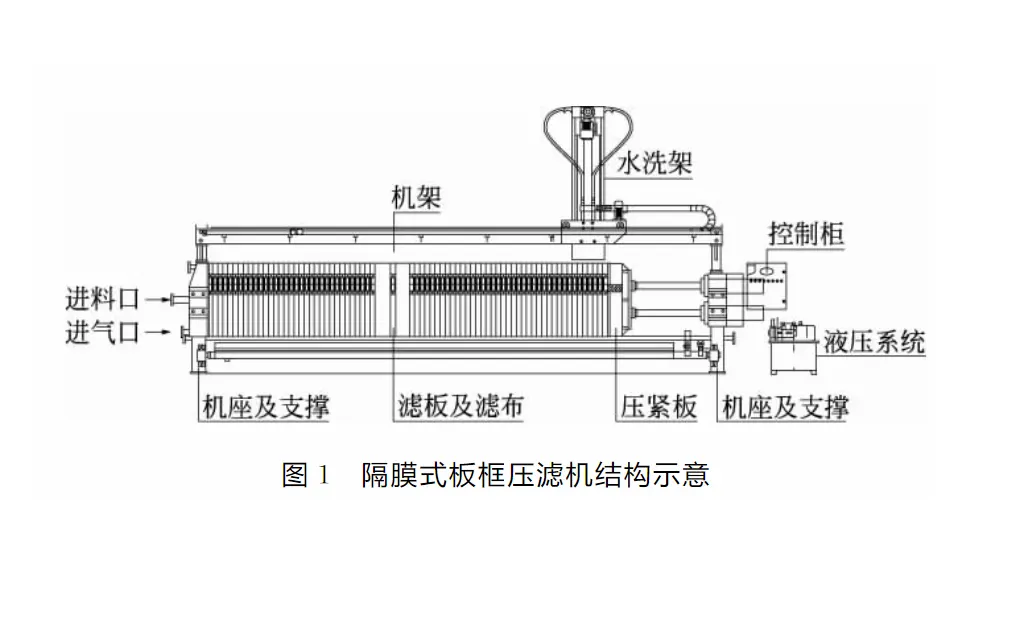As an important part of agricultural production, pig farms, its sewage treatment and solid-liquid separation has always been the focus of farmers' attention. As an efficient solid-liquid separation equipment, filter presses have been widely used in pig farms. In this paper, we will discuss why pig farms use filter presses and their impact on the farming industry.
I. Importance of sewage treatment in pig farms
With the continuous development of the farming industry, the scale of pig farms is also expanding. Along with this comes the production of a large amount of waste such as pig manure and urine. These wastes, if discharged directly without treatment, will not only pollute the environment, but also threaten human health. Therefore, sewage treatment of pig farms is particularly important.
II. Role of filter presses in pig farms
1. Solid-liquid separation: the filter press can effectively separate solids and liquids from wastes such as pig manure and urine. The solid part can be converted into fertiliser or biogas after further treatment, and the liquid part can be used for farmland irrigation or discharge after treatment.
2. Reducing pollutant emissions: through solid-liquid separation, pollutant emissions from pig farms can be substantially reduced, easing the pressure on the environment. The treated liquid part can be recycled to achieve resource utilisation.
3. Improvement of farming efficiency: the use of filter presses can reduce the labour intensity of farmers and improve production efficiency. Through the effective treatment and resource utilisation of waste, it can bring additional economic benefits to pig farms.
III. Application cases of filter presses in pig farms
1. A large-scale pig farm employs a filter press for solid-liquid separation, whereby the solid portion is converted into fertiliser and sold to neighbouring farmers, and the liquid portion is treated and used for farmland irrigation. This way not only solves the problem of waste disposal in pig farms, but also realises the effective use of resources, and at the same time brings economic benefits to pig farms.
2. Another pig farm has adopted an intelligent filter press system with automated operation. The system is capable of automatically adjusting the operating parameters of the filter press according to the water content of the pig manure and urine to ensure optimal solid-liquid separation. The system is also able to perform quality checks on the separated solids and liquids, providing a reliable basis for further processing.
Filter presses play an important role in pig farms. Through the use of filter presses, pig farms can achieve effective treatment of waste and resource utilisation, reduce the pressure on the environment, and improve production efficiency and economic benefits. With the continuous development of science and technology, the performance and efficiency of filter presses are also improving, providing a strong guarantee for the sustainable development of pig farms. In the future, with the further improvement of environmental protection requirements and the transformation and upgrading of the aquaculture industry, the application of filter presses in pig farms will be more widely used, and make a greater contribution to the promotion of the green development of the aquaculture industry.
 Plate and frame chamber diaphragm filter presses
Plate and frame chamber diaphragm filter presses




